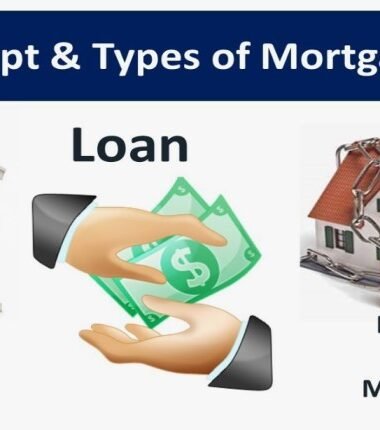Buying a home is a major milestone, but navigating mortgage options can feel overwhelming. That’s where mortgage broker jobs come in. These professionals act as intermediaries between homebuyers and lenders, helping clients find the best loan terms while managing the complex paperwork. If you enjoy finance, problem-solving, and building relationships, a career as a mortgage broker could be a perfect fit. Let’s explore what this role involves, how to get started, and what makes it rewarding.
What Does a Mortgage Broker Do?
A mortgage broker works independently or for a brokerage firm to connect borrowers with lenders. They assess a client’s financial situation, research loan options from multiple banks or credit unions, and guide them through the application process. For example, a first-time homebuyer with a moderate credit score might need a broker to find a lender offering flexible FHA loans.
Key responsibilities include evaluating finances by reviewing credit scores, income, debts, and savings to determine borrowing capacity. Brokers also compare loans by researching rates, terms, and lender requirements to find the best fit. They negotiate terms to advocate for clients and secure favorable interest rates or fees. Managing paperwork is another critical task, ensuring applications meet lender and regulatory standards. Building networks with real estate agents, attorneys, and appraisers help streamline transactions.
Skills Needed for Mortgage Broker Jobs
Success in mortgage broker jobs requires a mix of technical and interpersonal skills. Communication is vital for explaining complex loan terms in simple language. Analytical thinking helps assess financial data to match clients with suitable lenders. Salesmanship builds trust and persuades clients to follow recommendations. Attention to detail prevents errors in applications that could delay approvals. Ethics are crucial for prioritizing clients’ needs over commissions from lenders.
Licensing is mandatory in most regions. In the U.S., brokers must complete pre-licensure courses, pass the National Mortgage Licensing System NMLS exam, and undergo background checks.
How to Become a Mortgage Broker
Becoming a mortgage broker involves several steps. First, meet the basic requirements. A high school diploma is the minimum, though many employers prefer a bachelor’s degree in finance, business, or a related field. Next, get licensed by completing 20-plus hours of NMLS-approved coursework and passing the licensing exam. Gaining experience is essential, often starting as a loan officer or processor at a bank or brokerage to learn industry workflows.
Building a network by partnering with real estate agents and joining professional groups like the National Association of Mortgage Brokers NAMB is key. Finally, stay updated by taking continuing education courses to keep up with changing regulations and market trends.
Salary and Job Outlook
Mortgage brokers typically earn between 50000 and 120000 annually, with top performers exceeding 150000 through commissions. Income varies based on location, experience, and market conditions. High-cost markets like California or New York offer higher earning potential. Seasoned brokers with strong client networks earn more, and low interest rates often boost home-buying activity, increasing demand for brokers.
The U.S. Bureau of Labor Statistics projects steady demand for loan officers, including brokers, as housing markets evolve. However, automation and online lending platforms may shift some tasks to digital tools.
Pros and Cons of Mortgage Broker Jobs
Mortgage broker jobs offer flexibility, as many professionals work remotely or set their own hours. Uncapped earnings through commissions reward high performers, and the variety of clients and transactions keeps the work engaging.
However, income fluctuations are common during economic downturns when home-buying activity slows. Regulatory pressure requires brokers to stay updated on changing laws, which demands ongoing effort. High stress can arise from meeting client deadlines and sales targets.
A Day in the Life of a Mortgage Broker 
Meet Alex, a broker in Austin, Texas. His day starts with a client meeting to discuss a young couple’s budget and home-buying goals. He reviews their credit reports and recommends a conventional loan with a competitive rate. Next, he negotiates with three lenders to secure a pre-approval letter. In the afternoon, he follows up on a delayed appraisal for another client, ensuring the sale stays on track. By the evening, he attends a local real estate networking event to connect with agents.
Frequently Asked Questions
Do I Need A Degree To Become A Mortgage Broker?
No, but a finance-related degree can improve job prospects and credibility.
How Long Does Licensing Take?
It typically takes 3 to 6 months to complete courses, pass exams, and secure a license.
Can I Work Remotely As A Mortgage Broker?
Yes. Many brokers use digital tools to communicate with clients and lenders online.
What’s The Difference Between A Broker And A Loan Officer?
Brokers work independently with multiple lenders, while loan officers represent a single bank or credit union.
Is This Career Suitable For Introverts?
It requires regular client interaction, but introverts can thrive with strong organizational and listening skills.
I am text block. Click edit button to change this text. Lorem ipsum dolor sit amet, consectetur adipiscing elit. Ut elit tellus, luctus nec ullamcorper mattis, pulvinar dapibus leo.








